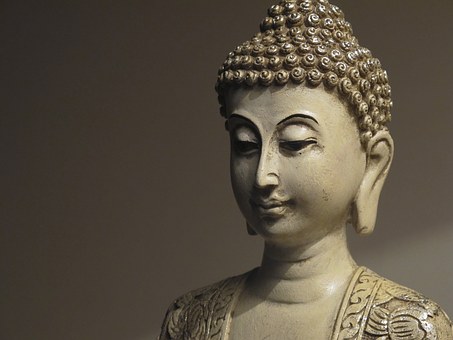 There are a few passages in the Pali canon talking about different inabilities of women. These include being a Perfectly Enlightened Buddha, being a Universal Wheel-turning Monarch, being the King of Gods (Sakka), the King of Death (Māra) or Brahma. These positions, so it says, can only be taken by a man. Is this what the Buddha taught?
There are a few passages in the Pali canon talking about different inabilities of women. These include being a Perfectly Enlightened Buddha, being a Universal Wheel-turning Monarch, being the King of Gods (Sakka), the King of Death (Māra) or Brahma. These positions, so it says, can only be taken by a man. Is this what the Buddha taught?
Bhikkhu Anālayo discusses this question in his article “The Bahudhātuka-sutta and its Parallels. On Women’s Inabilities” by comparing this sutta of the Pali canon (MN 115) with it’s Madhyama-āgama parallel (and other parallels) in which the relevant passage is lacking.
And what is the conclusion he comes up with?—“In sum, since an accidental loss or an intentional omission of an exposition on the inabilities of women in the Madhyama-āgama discourse seems improbable, the most straightforward conclusion would be that the theme of women’s inability is a later addition to the exposition on impossibilities in the different versions of the Discourse on Many Elements. Thus in this respect the Madhyama-āgama version quite probably testifies to an early stage, when the theme of what women cannot achieve had not yet become part of the discourse.”
Thus, there is no reason to assume that a woman should not be able to attain full awakening merely by her own effort, without a teacher. This is not an easy task, but it doesn’t depend on gender. And also, a woman can become a great teacher, or rather the greatest of teachers, just as “our” Buddha!
Read Bhikkhu Anālayo’s article here: https://www.buddhismuskunde.uni-hamburg.de/pdf/5-personen/analayo/bahudhatuka.pdf
(Maria Backes)


 Deutsch
Deutsch Français
Français Nederlands
Nederlands